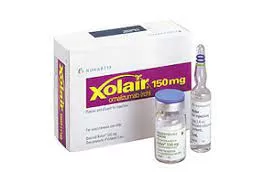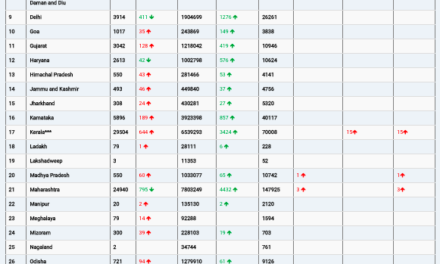A recent study led by Flinders University has unveiled the intricate emotions parents grapple with regarding the rising availability of zero-alcohol drinks in Australia and their potential impact on adolescents. As these alcohol-free alternatives proliferate, they not only expand the market but also introduce a new layer of complexity for parents nationwide.
Lead author Nathan Harrison from the National Center for Education and Training on Addiction (NCETA) at Flinders University underscores the ambiguity surrounding the influence of these beverages on teenagers. “Conversations around alcohol are already challenging for parents, especially with teenagers. Now, they face the added dilemma of navigating zero-alcohol drinks that closely resemble the real thing,” Harrison remarked.
The study reveals that parents often feel ill-equipped to make informed decisions and are conflicted about whether alcohol-free alternatives are suitable, healthy, or potentially harmful for teenagers. The similarity of these beverages to alcoholic drinks has sparked concerns among parents about normalizing alcohol consumption among their children.
“Parents are sometimes perplexed by zero-alcohol drinks, fearing they might normalize alcohol because of their striking resemblance to alcoholic beverages,” Harrison noted. “Around half of the parents we spoke to expressed concerns that these drinks could lead to increased alcohol consumption.”
Drawing parallels to gateway drugs, one parent expressed concern that zero-alcohol drinks could serve as a stepping stone to experimenting with real alcohol. Another echoed these sentiments, cautioning against glorifying and normalizing alcohol through such beverages.
Ashlea Bartram, a study co-author from the College of Medicine and Public Health at Flinders, emphasized the confusion over alcohol guidelines, which often prompts parents to consider providing zero-alcohol products to their teenagers. “Delaying the introduction of alcohol to children can mitigate the risk of binge drinking and alcohol-related issues later in life,” Bartram explained, advocating for cautious parental guidance.
In light of the study’s findings, Bartram recommended a precautionary approach, advising parents not to provide zero-alcohol drinks to their adolescents. She stressed the importance of protective measures against potential risks associated with early alcohol exposure.
Christine Morris, Prevention and Advocacy Manager at Cancer Council SA, shed light on the unique marketing strategies employed by zero-alcohol beverages. Morris underscored the importance of shielding children and young people from advertising that could potentially put them at risk of harm.
The study, published in the Australian and New Zealand Journal of Public Health, underscores the nuanced concerns parents harbor regarding zero-alcohol beverages and their impact on adolescent children. It urges a more informed and cautious approach to these products amidst their growing popularity and market presence.











